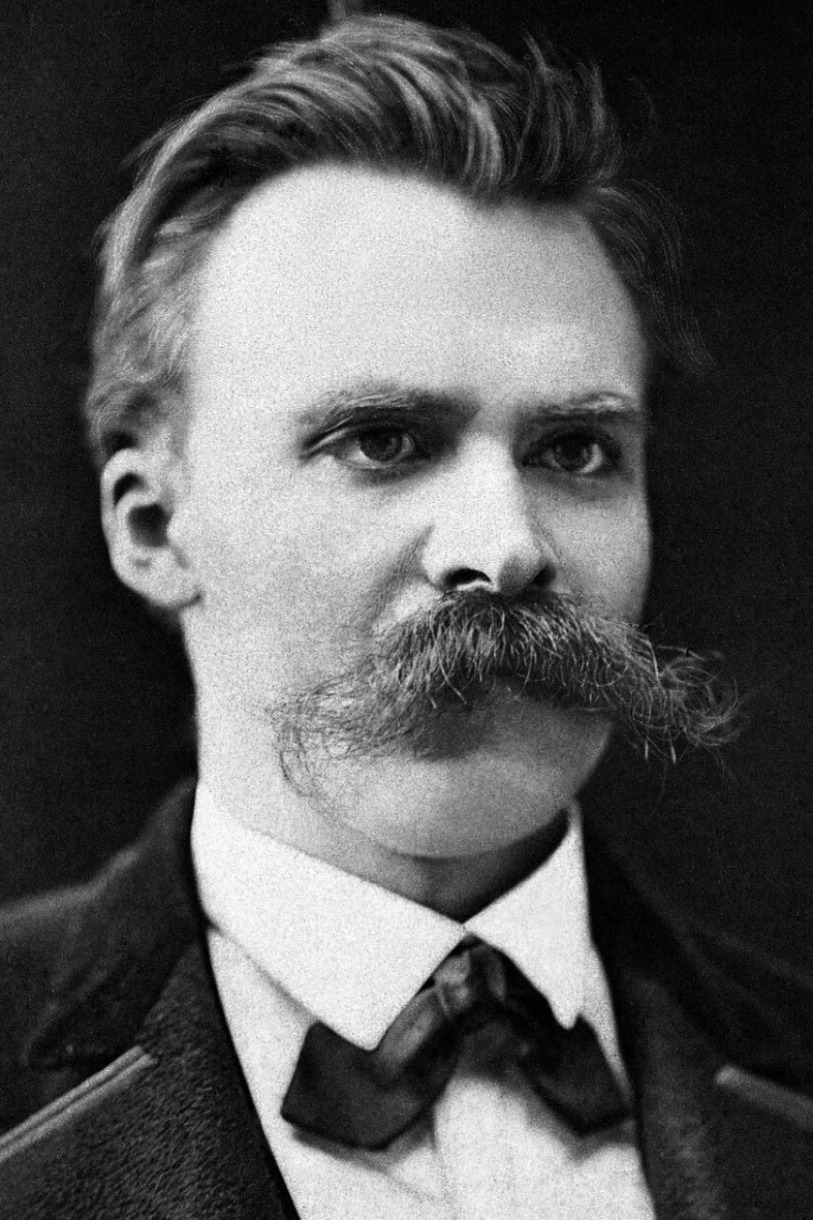
Personal info
Known for
Ultimate Talent
Gender
Male
Birthday
15 October
Location
Saxony-Anhalt, Germany
Edit pageFriedrich Nietzsche
Biography
Friedrich Nietzsche was a German philosopher, poet, and cultural critic whose bold ideas challenged traditional morality, religion, and philosophy. Known for his profound statements such as “God is dead” and the concept of the Übermensch (Overman), Nietzsche’s work continues to influence modern thought, existentialism, and psychology.
Early Life and Education
Friedrich Wilhelm Nietzsche was born on October 15, 1844, in Röcken, a small village in Prussia (now Germany). His father was a Lutheran pastor, and his mother was a homemaker. After his father’s early death, Nietzsche was raised by his mother and other female relatives in Naumburg.
A gifted student, Nietzsche attended the prestigious Schulpforta, where he excelled in classical studies. He later studied theology and philology (the study of ancient languages and texts) at the University of Bonn and then at Leipzig University, where he developed a deep admiration for the philosopher Arthur Schopenhauer and the composer Richard Wagner.
Career and Philosophical Development
At the young age of 24, Nietzsche was appointed a professor of classical philology at the University of Basel in Switzerland — one of the youngest ever to hold such a position. However, due to poor health, he resigned from teaching after about ten years.
During his years of illness and solitude, Nietzsche produced his most influential works. His early writings, such as “The Birth of Tragedy” (1872), explored Greek art and the balance between reason and emotion. In later works, including “Thus Spoke Zarathustra,” “Beyond Good and Evil,” and “The Genealogy of Morals,” Nietzsche developed his key philosophical ideas.
He rejected traditional religious and moral values, arguing that they suppressed human potential and creativity. Nietzsche’s declaration that “God is dead” was not a literal statement, but a critique of the decline of faith and the need for humanity to create new values. He introduced the idea of the Übermensch, an ideal individual who creates meaning and lives authentically beyond societal norms.
Nietzsche also developed the concept of the “will to power”, describing the fundamental drive of life as the desire to grow, assert strength, and overcome challenges.
Decline and Death
In 1889, Nietzsche suffered a mental breakdown in Turin, Italy, from which he never recovered. He spent his remaining years under the care of his mother and later his sister, Elisabeth. Nietzsche died on August 25, 1900, in Weimar, Germany.
Legacy
Though misunderstood and misused at times — particularly by political movements that distorted his ideas — Nietzsche’s philosophy continues to inspire thinkers, artists, and psychologists. His emphasis on individuality, creativity, and self-overcoming remains a powerful message for modern humanity.
Conclusion
Friedrich Nietzsche lived a life of solitude, struggle, and brilliance. Through his fearless questioning of truth, morality, and religion, he urged people to create their own values and embrace life’s challenges with courage. His thought remains a guiding force for those seeking meaning, strength, and authenticity in a changing world.